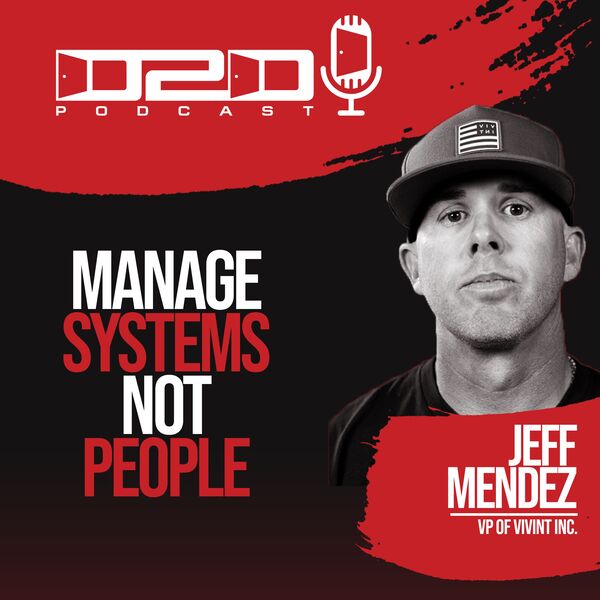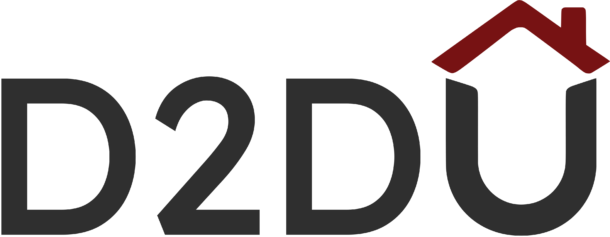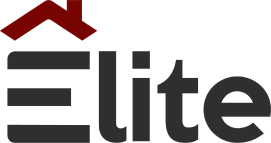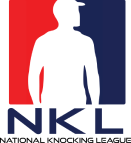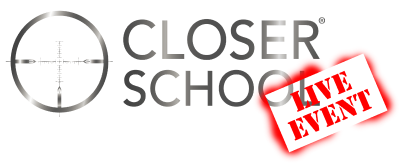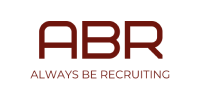Hey everyone, Sam Taggart here, your host with the D2D Podcast. Today, I’ve got an exciting episode lined up for you with one of the VPs at Vivint, Jeff Mendez. Jeff has built a massive dynasty within Vivint, and today, we’re diving deep into his journey, strategies, and insights on people management and direct sales recruitment.
This brief video clip explores the crucial distinction between mentorship and management, highlighting the profound impact of mentorship on personal and professional growth. The speaker emphasizes that while leadership involves vision and direction, mentorship is a more personal journey of guidance and support. A mentor is someone who inspires you to be your best, offering confidence, credibility, honesty, and care. Drawing parallels from beloved films, the video underscores the power of mentors in connecting individuals to their dreams and shaping compelling narratives of success. This insight offers valuable perspective on the vital role of mentorship in fostering development and building loyalty within teams and organizations.
The Journey to 50,000 Accounts
Jeff Mendez has been a powerhouse at Vivint, leading his division to achieve just north of 50,000 accounts. To put that into perspective, that’s more than what most security companies will do combined. When I asked Jeff about the number of people involved, he mentioned quite a few, and it’s clear that building such a massive operation takes a lot of dedication and strategic management.
From Walmart to Door-to-Door Sales
Building a Strong Foundation
Before diving into door-to-door sales, Jeff had an impressive career managing Walmart stores. He ran supercenters, converted regular Walmarts into supercenters, and managed millions of dollars in revenue. Jeff shared how this experience taught him valuable lessons in systems, operations, and people management—skills he later applied to his door-to-door sales career.
Transitioning to Door-to-Door Sales
Jeff’s entry into door-to-door sales wasn’t the typical story of a fresh college graduate getting recruited. He was 26, married with kids, and working a decent job. A college buddy approached him, persistently convincing him to join the door-to-door movement selling Dish Network. Jeff’s previous experience with door knocking during his mission for his church and his fondness for the product convinced him to give it a shot.
The Importance of Systems and Operations
Managing Systems, Not People
One of the key lessons Jeff learned from his time at Walmart was the importance of systems and operations. He emphasized that managing systems, not people, is crucial for scaling a business. At Walmart, Jeff had to understand and perform every job in the store, from pushing carts to managing cashiers, which helped him develop a high EQ and the ability to relate to employees at all levels.
Persistence and Follow-Up in Recruitment
The Role of Patience in Recruitment
One of the biggest takeaways from Jeff’s story is the importance of persistence and follow-up in recruitment. His friend didn’t just ask him to join once and then give up; he kept following up and eventually convinced Jeff to try it out. This persistence paid off as Jeff became a VP at Vivint.
Building and Managing Teams
Empowerment and Delegation
Jeff has built and managed multiple teams over the years. He emphasized empowering team members and creating a culture where everyone feels valued. Jeff could maximize their potential and drive high performance by believing in his team members more than they believed in themselves.
Retention Through Authentic Leadership
Retaining top talent is one of the biggest challenges in direct sales. Jeff believes that authentic leadership and genuinely caring about the well-being of his team members are key to retention. He doesn’t try to hoard people; instead, he empowers them to grow, even if it means they eventually leave for other opportunities. This creates a positive work environment where people feel valued and respected.
Creating a Winning Culture
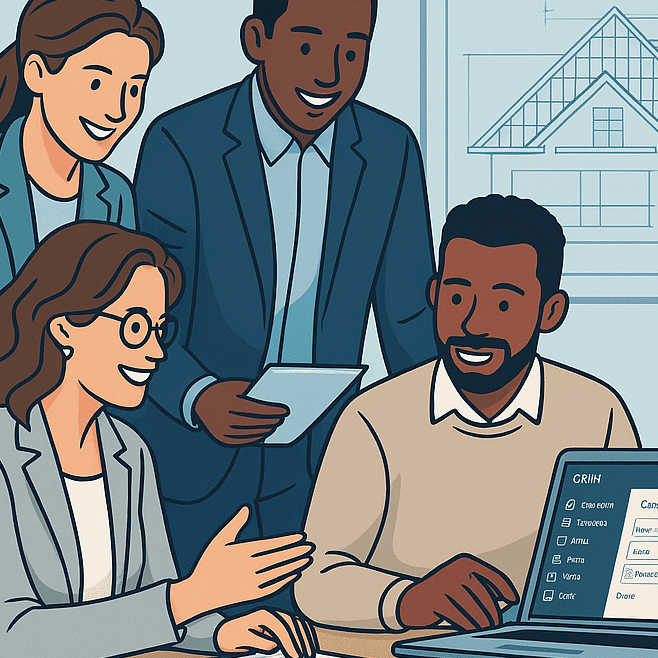
Turning the Job into a Sport
Jeff and his team at Vivint have built a culture of competitiveness and camaraderie. They turned the job into a sport, with activities like basketball and softball tournaments to foster teamwork and engagement. This approach keeps the job fun and drives performance as team members strive to excel.
High Production and Accountability
High production and accountability are crucial for successful recruitment and retention. Jeff shared that he created a culture of excellence by maintaining high standards and leading by example. This attracted top talent and ensured that team members were motivated to perform at their best.
If you want to scale your business, it’s not just about managing people—it’s about creating effective systems that run smoothly. But no system works without the right people in place. This is where hiring the right talent comes in. We’ve got you covered if you’re struggling to find sales reps who fit your company culture and drive results.
The D2D Experts’ direct sales recruitment service helps growing businesses find and onboard top talent. Whether you’re looking to build a new team or strengthen your existing one, we handle the sourcing, training, and everything in between.
Find and Hire Top Talent with D2D Recruiting Service
Build a Sales Force That Drives Results
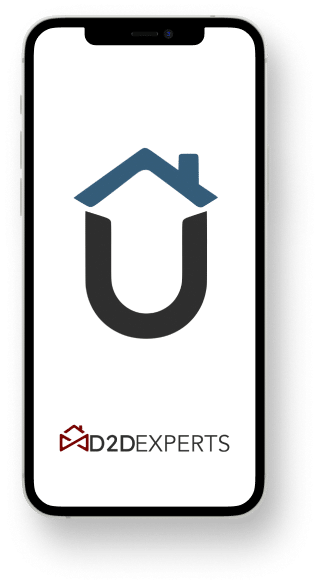
Advice for the Door-to-Door Industry

To wrap up the podcast, Jeff shared some invaluable advice for the door-to-door industry. He emphasized the importance of being grateful for the opportunities the industry provides and not taking oneself too seriously. He encouraged everyone to enjoy what they do and remember that they possess a unique skill set many people wish they had. Lastly, he reminded us all that we can always do more, improve, and take the industry to new heights.
Jeff Mendez’s journey from managing Walmart stores to becoming a VP at Vivint is genuinely inspiring. Jeff’s insights on people management and direct sales recruitment are invaluable for anyone looking to succeed in the door-to-door industry. Remember, it’s all about systems, persistence, and team empowerment. Until next time, keep knocking and stay motivated!
Key Takeaways
- Persistence and follow-up are crucial in recruitment.
- Managing systems, not people, is key to scaling a business.
- Empower your team members and create a positive work environment.
- Turn the job into a sport to foster teamwork and engagement.
- Maintain high production and accountability to attract top talent.
- Be grateful for the opportunities in the industry and enjoy what you do.
- Authentic leadership is essential for retaining top talent.
- Create a culture of competitiveness and camaraderie.
- Always strive to do more, improve, and take the industry to new heights.
If you enjoyed this podcast, watch more episodes and join us at the D2D Business Bootcamp. Increase your sales revenue and master AI in sales and marketing with the D2D University. Don’t miss the opportunity to take your sales game to the next level!
I knocked doors since I was 11! Never bought into the whole hourly normal job, and used direct sales to be the vehicle to create MASSIVE success. I Started the Direct Sales division for Solcius as their VP building it up to have 70+ sales reps nation wide. In 2018 I left to pursue a greater mission to unify and uplevel the Door to Door industry and founded the D2D Experts.


